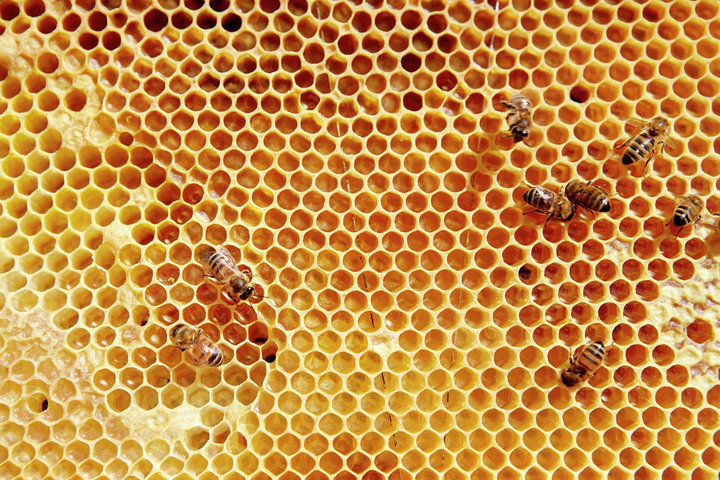According to a report by BBC, more than 500 million bees have died within 3 months in Brazil. Researchers attribute the astounding amount of bee deaths to the widespread use of pesticides in the country. The significance of bees to the food chain with a third of all food relying on the pollination of bees makes these mass deaths all the more worrying.
(1 Million Species at Risk of Extinction Because of Humans)
The number of bee deaths come from reports in 4 Brazilian states. Rio Grande do Sul holds the highest number with 400 million dead bees in this state alone. Santa Catarina follows with 50 million bee deaths and Mato Grosso with 45 million. São Paulo rounds out the group with 7 million dead bees.
Researchers immediately point towards pesticides as the most probable cause of the mass deaths. Under the allowance of President Jair Bolsonaro, Brazil has become the world’s largest consumer of pesticides. These pesticides often contain neonicotinoids and fipronil, chemicals which are harmful to bees. There are even 193 different products registered in Brazil which have been banned in the European Union.
Although these pesticides are utilized due to Brazil’s economic reliance on agriculture there are existing alternatives. And despite the high number of bee deaths, Bolsonaro plans to further deregulate laws concerning pesticides. This only spells more trouble for bee populations in Brazil, and the world.
(Conservation Efforts for the Endangered Tamaraw are Failing)
In the UK, reports place their bee and pollinating insects population as depleting by a third. The United States has lost 4 in 10 of their honeybee colonies while around 1 million bees died in South Africa last 2018. To combat such a blatant sign of environmental degradation researchers suggest wildlife-friendly farming and gardening. Completely doing away with the use of pesticides would be on top of that list.
How do you think we can do our part in conserving the bee population?





